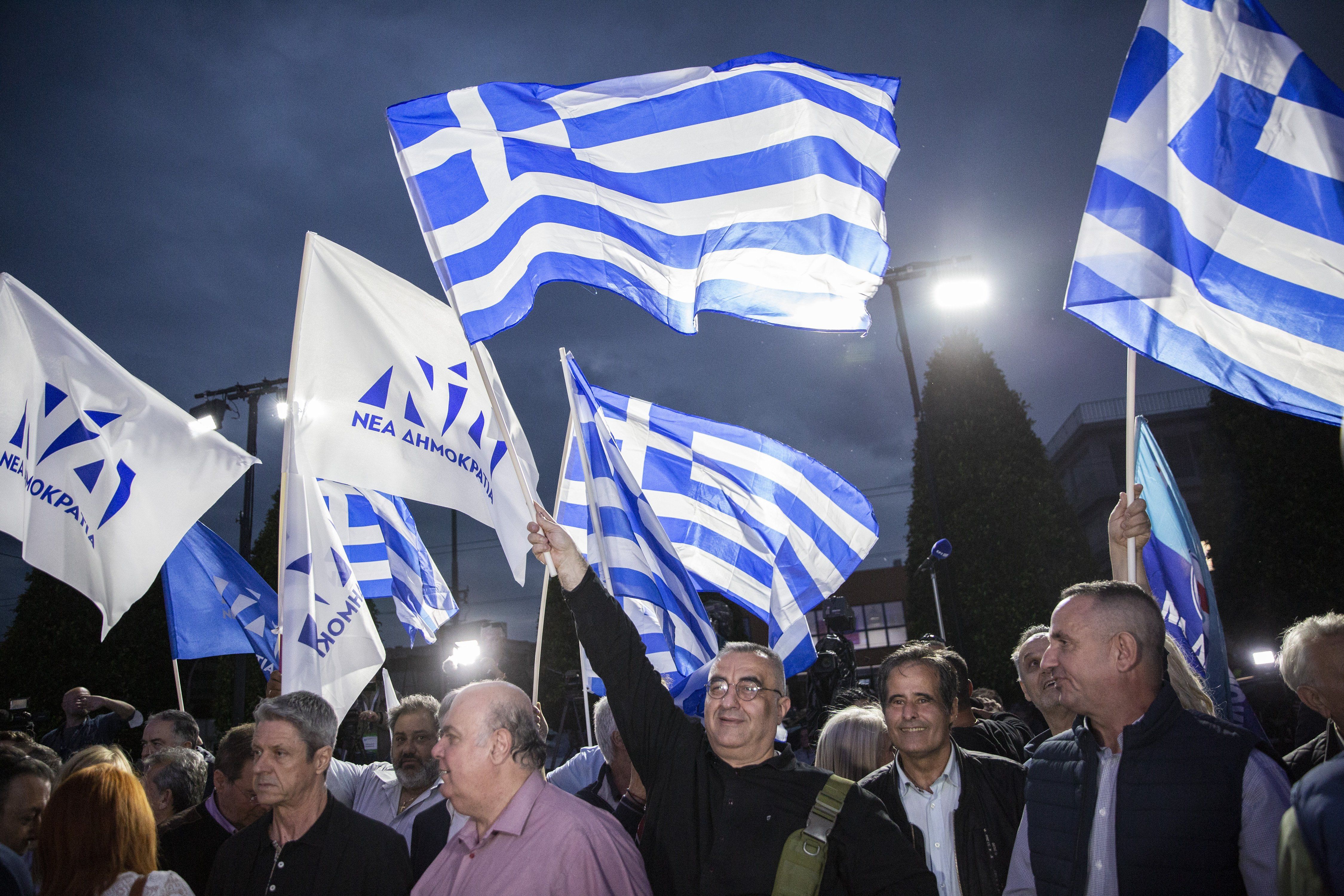40.79: The center-right ruling party of PM Kyriakos Mitsotakis won the Greek election on Sunday with an overwhelming 40.79% of the vote — but fell just short of an outright majority in parliament. If coalition talks fail, there will be a second vote on June 25 that’ll make it easier for the party with the most seats to form a government.
2: On Sunday, Israel’s far-right provocateur Itamar Ben-Gvir visited a very sensitive religious site in Jerusalem for the second time since becoming security minister in PM Benjamin Netanyahu's coalition government. "Israel is in charge," Ben-Gvir proclaimed after touring the al-Aqsa Mosque complex (known to Jews as the Temple Mount) amid rising tensions with the Palestinians and Jordan, the custodian of the site.
4,000: Since the US ended Title 42, authorities are reporting some 4,000 daily encounters at the southern border, down from 10,000 the previous week. That's in part because many migrants rushed to cross before the policy changed and also due to Mexico moving asylum-seekers away from there and its own border with Guatemala.
6: Next month, a delegation of leaders from six African nations — South Africa, Senegal, Egypt, the Republic of Congo, Uganda, and Zambia — will meet separately with the presidents of Russia and Ukraine. Apart from talking about peace, the top agenda items are payments for Russian fertilizer and getting more grain shipped out of Ukraine.
45 million: Despite President Biden canceling a planned trip and strong internal opposition, the US and Papua New Guinea on Monday signed a security pact aimed at countering China in the Pacific. According to a leaked draft copy, the deal provides $45 million for PNG to bolster its defense capabilities in exchange for US forces getting access to airspace and ports.
